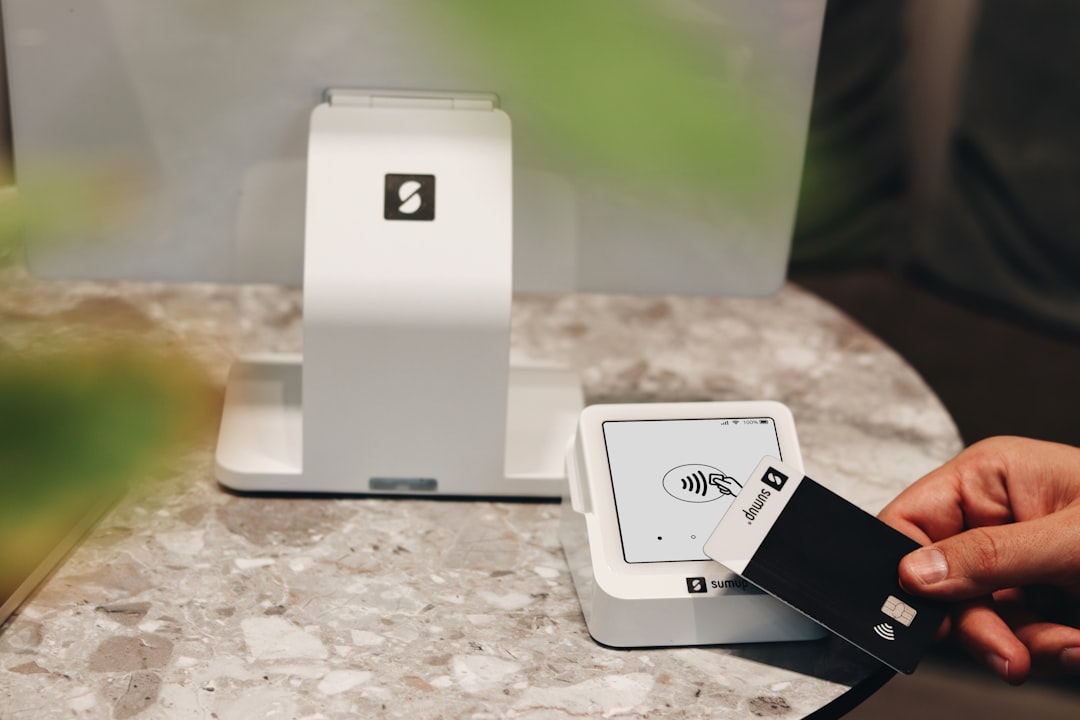Spam call law firms in Iowa often employ aggressive, deceptive tactics like false promises of quick payouts and intimidation to sell services or solicit settlements. Be wary of unsolicited legal service calls; Iowa laws protect consumers. Avoid sharing personal info and report suspicious calls to the Iowa Division of Consumer Protection. Stay vigilant, don't disclose details unless initiated by you, and register for the Do Not Call registry to safeguard against spam call scams.
Spam call scams are a growing concern for Iowans, with criminals leveraging advanced technologies to target residents. This article explores the rise of spam call law firms in Iowa and the various types of fraudulent schemes they employ. From impersonating legal professionals to demanding immediate payments, understanding these tactics is crucial. Learn how to protect yourself, recognize potential scams, and take action if you become a victim. Stay informed to shield yourself from these deceptive practices targeting Iowans.
Understanding Spam Call Law Firms in Iowa

In Iowa, spam call law firms often target residents with deceptive and aggressive tactics to sell legal services or solicit settlements for supposed missed calls or text messages. These firms usually employ high-pressure sales techniques, making false promises of quick payouts or legal remedies. They may claim to have special access to lawyers or legal resources that are not available to the general public.
It’s important to be wary of unsolicited phone calls or texts from law firms offering legal services or demanding immediate action. Iowa laws protect consumers from such spam calls, and many of these firms operate outside the boundaries of ethical and legal practices. If you receive a suspicious call, avoid providing any personal information and consider reporting it to the Iowa Division of Consumer Protection for further investigation.
Common Types of Spam Call Scams

In Iowa, as across the nation, spam call scams are prevalent, targeting individuals with deceptive tactics. Common types include impersonation schemes where fraudsters pose as law firms or government agencies, pressuring victims to act quickly by claiming a legal issue or tax debt. Another frequent scam involves pre-recorded messages, often promoting low-interest loans or free trials, which can be particularly targeted at the elderly.
These spam calls often use intimidating language and threats of legal action to trick recipients into providing personal information or paying money upfront. Law firms in Iowa have reported an increase in such cases, highlighting the need for residents to remain vigilant and understand these common scams.
How to Protect Yourself and What to Do If You're Targeted

To protect yourself from spam call scams, it’s essential to remain vigilant and take proactive measures. First, never share personal or financial information over the phone unless you’ve initiated the call and are certain of the party’s legitimacy. Be wary of unexpected calls claiming to be from law firms or government agencies; legitimate organizations will not pressure you for immediate responses or threaten dire consequences.
If you’re targeted by spam calls, don’t panic. Record the caller’s number and report it to your local public utility commission, which can help track and penalize these unscrupulous practices. You can also register your number on Iowa’s Do Not Call registry to limit such calls. Additionally, consider using call-blocking apps or features provided by your phone service provider. Remember, staying informed and taking swift action is key in protecting yourself from spam call scams involving law firms in Iowa.






